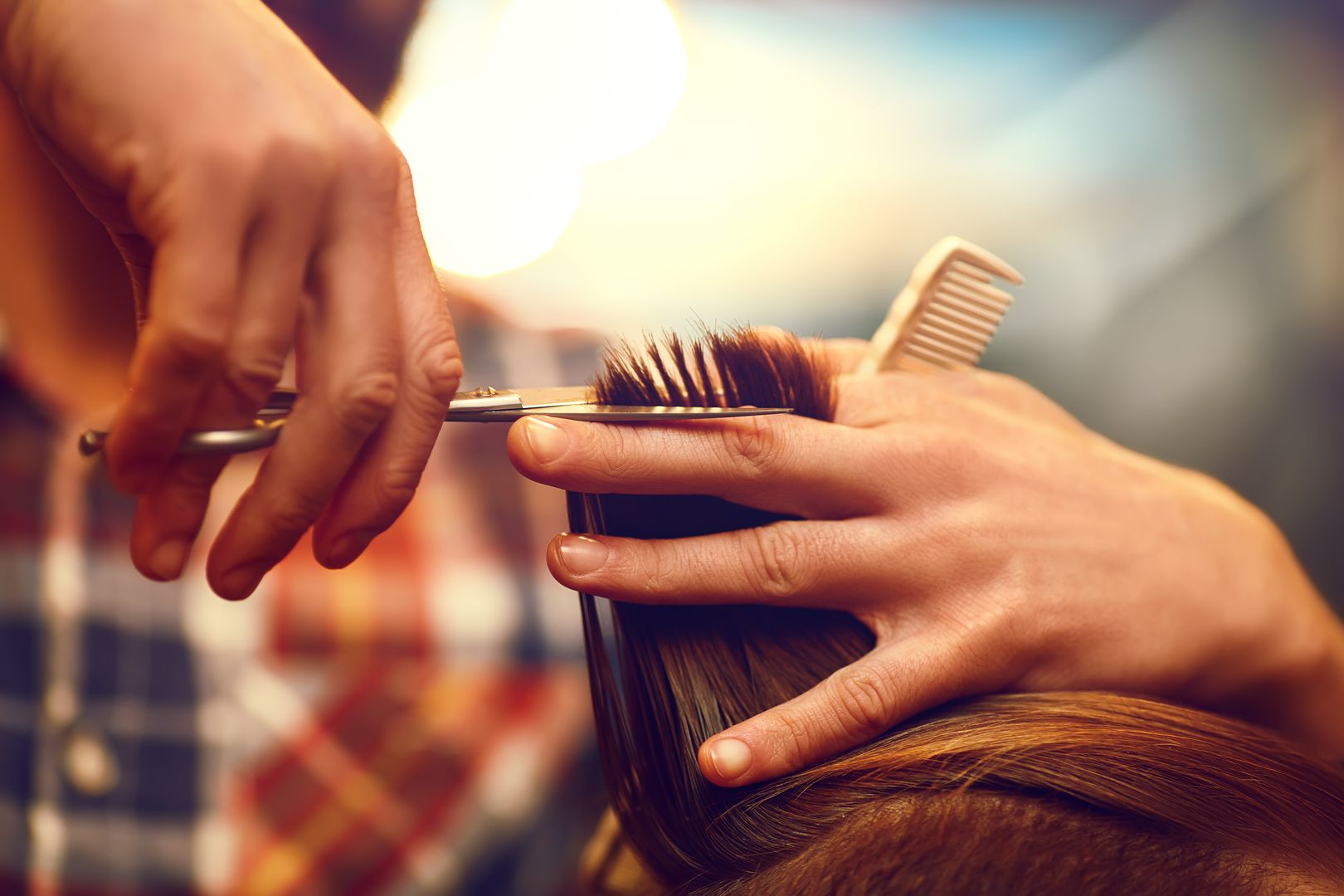Juan Carlos Montes de Oca has done something terrible.
Mr. Montes de Oca villainously gave free haircuts to homeless people, despite not having yet received his license from the state of Arizona to cut hair.
Mr. Montes de Oca has studied cosmetology but he gave the shocking haircuts before receiving a license. Some of his clients–I mean victims–hadn’t had haircuts for years and were appreciative of a little pampering.
Formerly homeless himself, Montes de Oca knew how much a haircut could mean to somebody living on the streets.
But we can’t have this sort of thing, can we?
The Arizona State Board of Cosmetology undertook an investigation and found that the haircuts posed “a risk.” (Parents who cut their children’s hair should beware? )
Then the state’s largest daily paper got into the act. An intrepid reporter investigated Mr. Montes de Oca and found that he had in 2010 he had been arrested for domestic violence. The mad barber replied that he believes in second chances and had indeed changed his behavior.
There was also an anonymous call to the newspaper that Montes de Oca had said he would take drugs for a haircut. Important if true, but I have to say that in my old reporting days anonymous tips had to be verified. Sometimes they were self-interested–e.g., maybe a barber who opposes the scandal of free haircuts tipped off the paper?
We don’t know because apparently nowadays an anonymous tip is enough for a newspaper.
Governor Doug Ducey heard about Montes de Oca’s plight. the governor got involved, asking the cosmetology board to drop financial penalties for Montes de Oca.
The governor also launched an investigation of whether the board’s licensing requirements serve the public rather than merely creating a barrier to entrepreneurs and people who would perform a work of charity.
If you think this is an isolated incident, it is not. Numerous people trying to support themselves have been shut down by state boards.
Writing in the Wall Street Journal, Shoshana Weissmann and C. Jarrett Dieterle of the R Street Institute explain:
Of late licensing laws have begun incorporating dubious education requirements. The District of Columbia is in the process of requiring day-care workers to possess an associate’s degree, and Tennessee recently passed a law making a high-school diploma a prerequisite for a barber’s license. Education requirements can be a Catch-22: In 19 states, occupational licensing boards can suspend licenses for falling behind on student-loan payments—making it impossible to earn money and catch up on the payments.
Licensing requirements aren’t the only local laws that harm the poor and struggling. In 2012 then-Mayor Michael Bloomberg banned food donations to New York City’s homeless shelters on the ground that the food might be salty, fatty or otherwise unhealthy. In 2013, Louisiana health officials ordered the destruction of 1,600 pounds of deer meat donated by hunters to a local shelter, though it was processed at a state-certified slaughterhouse.
Policy makers looking to highlight the deleterious effects of regulations often focus on entrepreneurs. But the unintended consequences often fall most heavily on the disadvantaged. The government is supposed to provide needy citizens with a safety net, not ensnare them in a web of red tape.
The Wall Street Journal piece tells about a shoe shine man and a florist who were shut down because of lack of a state license.
If I were having surgery, I’d want the doctor to have a medical license.
But a bouquet or shoe shine? I’d buy a beautiful bouquet from a struggling, unlicensed entrepreneur any day of the week–hope no florist board is going to come after me for saying this.


